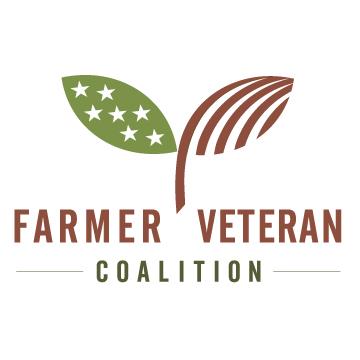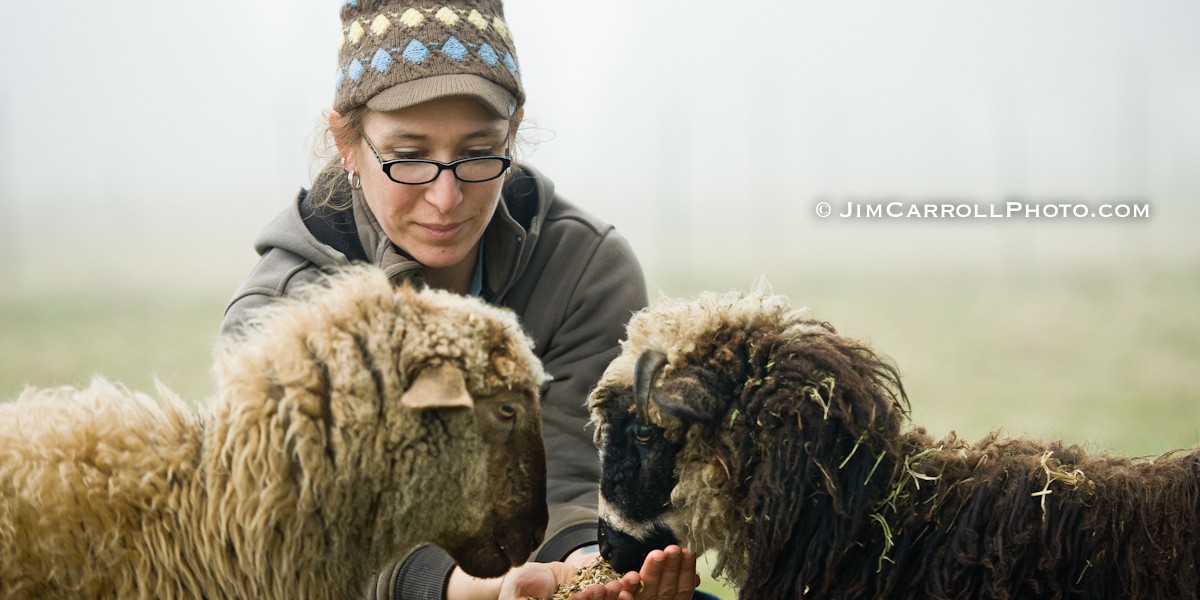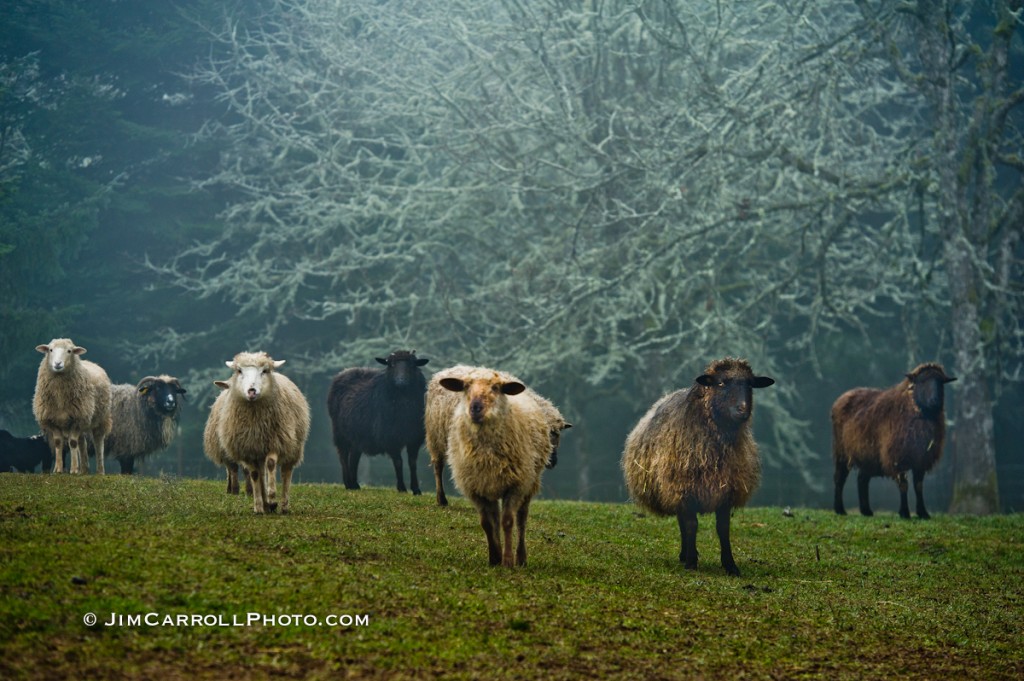From serving the nation in the military to serving the nation food and fiber, many U.S. veterans are returning from combat to jobs in agriculture. Farming—with its taxing schedule and intense physical labor demands—is a good fit for such a hardworking and dedicated group.
Today, there are over 23 million veterans in the United States. Agriculture can provide an important source of income for veterans, particularly at a time when unemployment rates have skyrocketed. According to the U.S. Bureau of Labor Statistics, throughout 2012 veterans returning from Iraq and Afghanistan had an unemployment rate of 9.9 percent—compared to about 7.9 percent for the general U.S. population. Particularly hard hit are female post-9/11 veterans with an unemployment rate of 12.5 percent. All in all, there are more than 200,000 unemployed Iraq and Afghanistan veterans in this country.
That’s where the Farmer Veteran Coalition (FVC) comes in. Their mission is to mobilize veterans to work in sustainable farming jobs, creating a smooth transition into civilian life. Michael O’Gorman founded the organization and is its current leader, with 40-plus years under his belt as an organic farmer. He started FVC because of two converging trends: the aging farmer population in the U.S., and the high unemployment rate of veterans. Helping recent veterans find farming jobs hit the two issues with one stone, and FVC was created in 2008. The organization has taken off and now works with 1,000 veterans in 48 states.
I was your typical rehab soldier who found [farming] completely therapeutic, peaceful, quiet and distracting, reminding me of my childhood and overall more positive meaningful times than all that I had seen and experienced.— James, a Farmer Veteran
Tia Christopher is chief of staff at FVC. She says that while some of the organization’s veterans grew up on farms or have an agricultural connection, this is not universally the case. “Some of them get a brilliant idea that they want to be farmers, even though they have no experience whatsoever,” she says. They come from different professional backgrounds, geographic locations and military experiences. FVC finds a unique opportunity for each returning veteran through one of its many programs.
FVC is chock full of programming, from farm retreats, to financial planning and business courses, to a small grants program that helps aspiring farmer veterans build up their initial infrastructure. Another FVC program is the farm equipment exchange and donation program, or FEED, where individuals or dealers can donate used or new farm equipment to the organization. This equipment is given to disabled or financially challenged veteran farmers.
The FVC staff members represent all of the military branches (except for the Coast Guard). Being veterans themselves makes the organization’s work personal. “For us as veterans they’re our peers, they’re our brothers and sisters and so we really care about the people who contact us,” Tia says. This dedication and passion shows with each and every veteran they help.
One veteran in particular who stands out for Tia is Mickey Clayton, a single mother who is half Lakota Indian and half Puerto Rican. She is also an Army combat veteran who sustained a severe leg injury in Iraq. Having grown up on a South Dakota reservation among sheep, Mickey became mesmerized by the nomadic Awassi sheepherders in Iraq. Upon returning home, she decided to start a farm with FVC’s help. Now Mickey raises unusual breeds—that garner higher prices—like Navajo-Churro Sheep and Muscovy Ducks on Dot Ranch in Northwestern Oregon. She is one of FVC’s Bob Woodruff Farming Fellows, a program that has helped her secure adaptive farming equipment, making it possible for her to wrangle sheep even with her injury. And if being a single mother and raising all of those breeds wasn’t enough, Mickey also has a successful Etsy business selling her wool.
With Dot Ranch thriving, Mickey is now able to give back. She’s an ambassador for the FVC at Native American sheepherder events, and has ushered other vets into the FVC family. Tia says giving back like this demonstrates the program’s success. “Success for us honestly is when the veterans are able to mentor their peers, employ their peers, and pay it forward.”
The FVC has a strong connection to Farm Aid’s work of supporting the family farmer. Farm Aid was one of FVC’s earliest supporters, granting them $17,000 since 2009 to support their programming, most recently supporting their work training more than 100 veterans in farming skills, offering business planning to 31 veterans, and helping veterans secure legal counseling and disaster assistance in times of crisis. But that’s not all; Farmer Veteran Coalition has a huge presence at the Farm Aid concert each year, as part of the farmer meetings that take place before the concert and as part of the HOMEGROWN Village at the concert. FVC brings farmer veterans to Farm Aid from across the country to network with other farmers and spread the mission of the organization. Tia finds the jovial spirit of the Farm Aid concert conducive for recruiting would-be veteran farmers. “It’s really cool because we get awesome mentors and farmers to sign on with us when we’re at Farm Aid each year,” she says. Last year they recruited a veteran mushroom farmer and an entomologist. 
Tia and her colleagues see the importance of the work they do everyday—not only finding employment for veterans, but also encouraging them to keep their spirits up and put their strong sense of service to use. Each and every farmer veteran motivates and inspires Tia. “It is often stated that farming and the military are two of the hardest professions; at FVC we believe that it takes a special type of person to do either, let alone both. I think the quality that’s most important for both is determination, and our farmer veterans have it in droves.” Helping military heroes and growing new farmers makes the Farmer Veteran Coalition a true Farmer Resource Network provider hero!
Photo above provided courtesy of Jim Carroll Photography.
Visit the Farmer Resource Network to find out about other resource providers. Learn more about the Farmer Veteran Coalition.Next
Alvina Maynard



